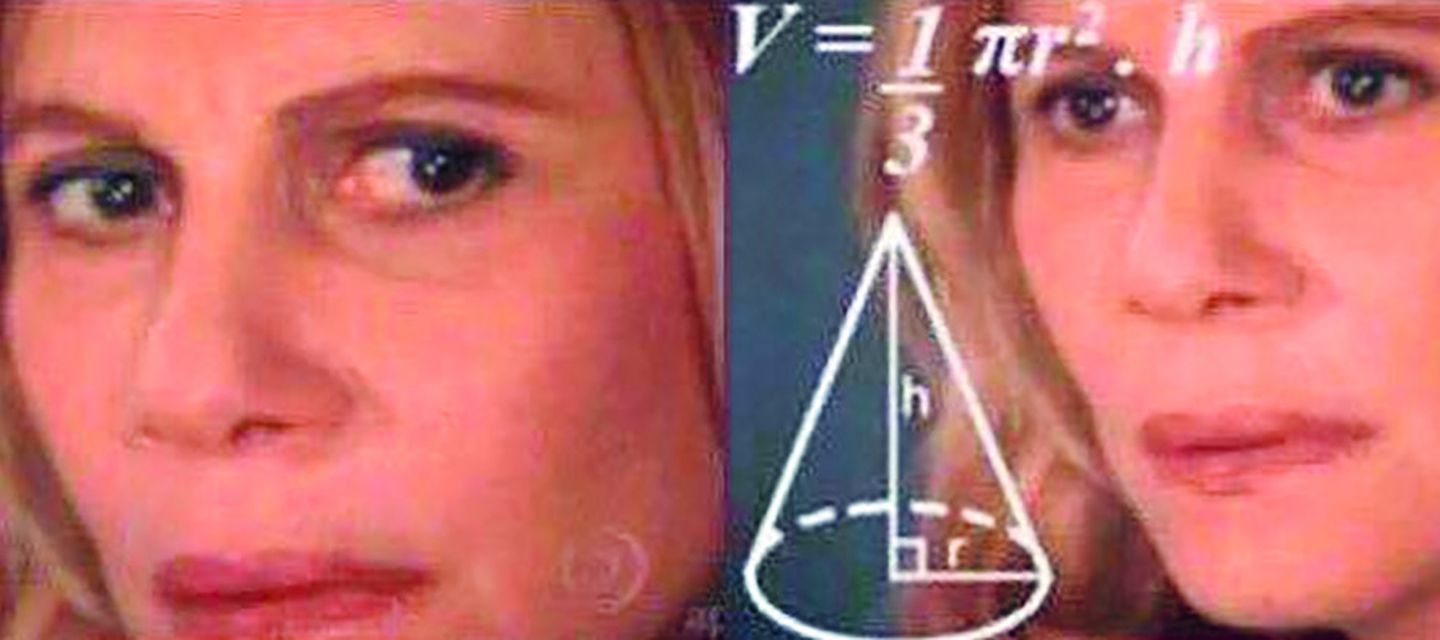
Global Mutations of the Viral Image
Memes are not just funny images on the web, they say a lot about the world we live in and can be used as tactile tools for social change. On the occasion of the launch of the Critical Meme Reader: Global Mutations of the Viral Image, we dive into the universe of meme (studies).
At the entrance you are requested to show your coronavirus pass.
This event can also be attended online.
Beyond the so-called ‘Alt-right’ and its attendant milieus on 4chan and Reddit, memes have passed the post-digital threshold and entered new theoretical, practical, and geographical territories beyond the stereotypical young, white, male, western subject. As they metastasized from the digital periphery to the mainstream, memes have seethed with mutant energy. From now on, any historical event will be haunted by its memetic double. Our responses to memes in the new decade demand an analogous virtuality.
This event consists of international and local researchers, activists, and artists, who contributed to the Critical Meme Reader, addressing the following questions, from both a theoretical perspective as from personal experience: What is the current state of the meme? How are memes used for political counter-strategies? Is there a connection between memes and psychoanalysis? What is the current state of the meme producer? And finally: What does the future for meme studies look like?
About the speakers
Daniel de Zeeuw is assistant professor in Digital Media Culture at the department of Media Studies, University of Amsterdam and co-editor of the Critical Meme Reader. He is also a FWO Junior post-doctoral fellow at the Institute for Media Studies, KU Leuven, and affiliated with the Open Intelligence Lab and the Digital Methods Initiative. His current research and teaching focus on the post-truth media dynamics at the fringes of digital culture, including conspiracy theories, leaking, trolling, and memes.
Anahita Neghabat is a Cultural and Social Anthropologist and meme-making activist from Vienna, Austria. As @ibiza_austrian_memes she comments on Austrian interior politics with the aim of intervening in public political discourse from an intersectional feminist, anti-racist and anti-authoritarian perspective.
Jamie Brands is a critical meme admin and critiques Dutch politics from a Marxist point of view, with @commie_central.
Ivan Knapp was awarded his PhD in the History of Art by University College London in 2021 for a thesis entitled Meme-work: Psychoanalysis and the alt-right. His research focuses on questions of psychoanalysis and masculinity.
Laurence Scherz is a writer, translator, tattoo artist, and meme lover. She currently works for The Hmm, a platform for internet cultures. Aside from this, she’s writing her first collection of short stories, ranging from tales of feminism fairy tales to dystopian, speculative fiction, and magic realism. One time, a boss asked her what a meme was, and she’s never been more enthusiastic about anything ever since.
İdil Galip is a writer, researcher and maker. Her work explores the intersections of digital culture and labour, especially with relation to online communities. She is currently a PhD candidate in sociology at the University of Edinburgh, finishing up her thesis titled Art Worlds Online: Memes, Labour and Politics. She is also the founder and convener of the Meme Studies Research Network.
Chloë Arkenbout (moderator) joined the Institute of Network Cultures as a researcher, editor and producer in 2020, and is co-editor of the Critical Meme Reader. She has a background in media studies and philosophy and worked as a freelance copywriter, journalist and communications professional for several years, specializing in the cultural and social sector. Next to memes, and viral image culture in general, her research includes topics such as online debate, inclusive language, digital activism, call out culture and (performative) allyship. Next to her role at INC, she works as a teacher at the Communication and Multimedia Design program at the Amsterdam University of Applied Sciences, where she is also a member of the Research Ethics Committee.
:rgb(-15)

:rgb(-25)

:rgb(8)
